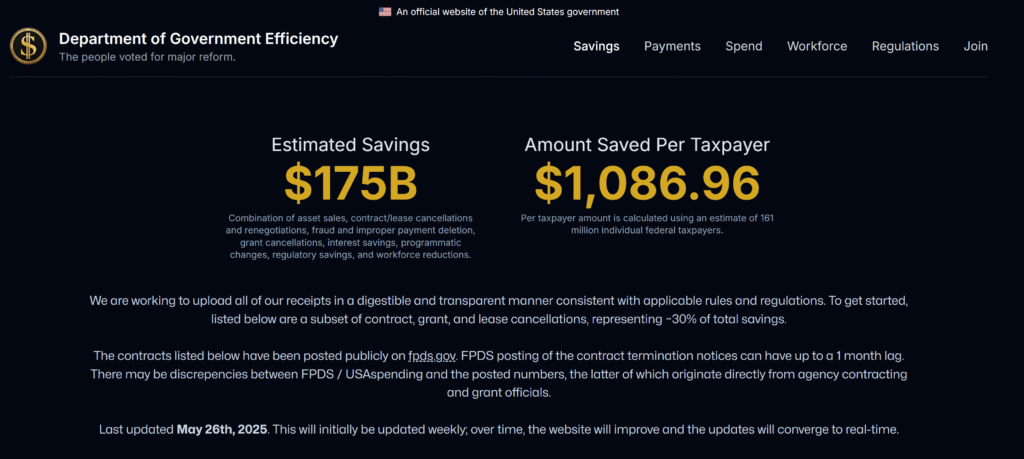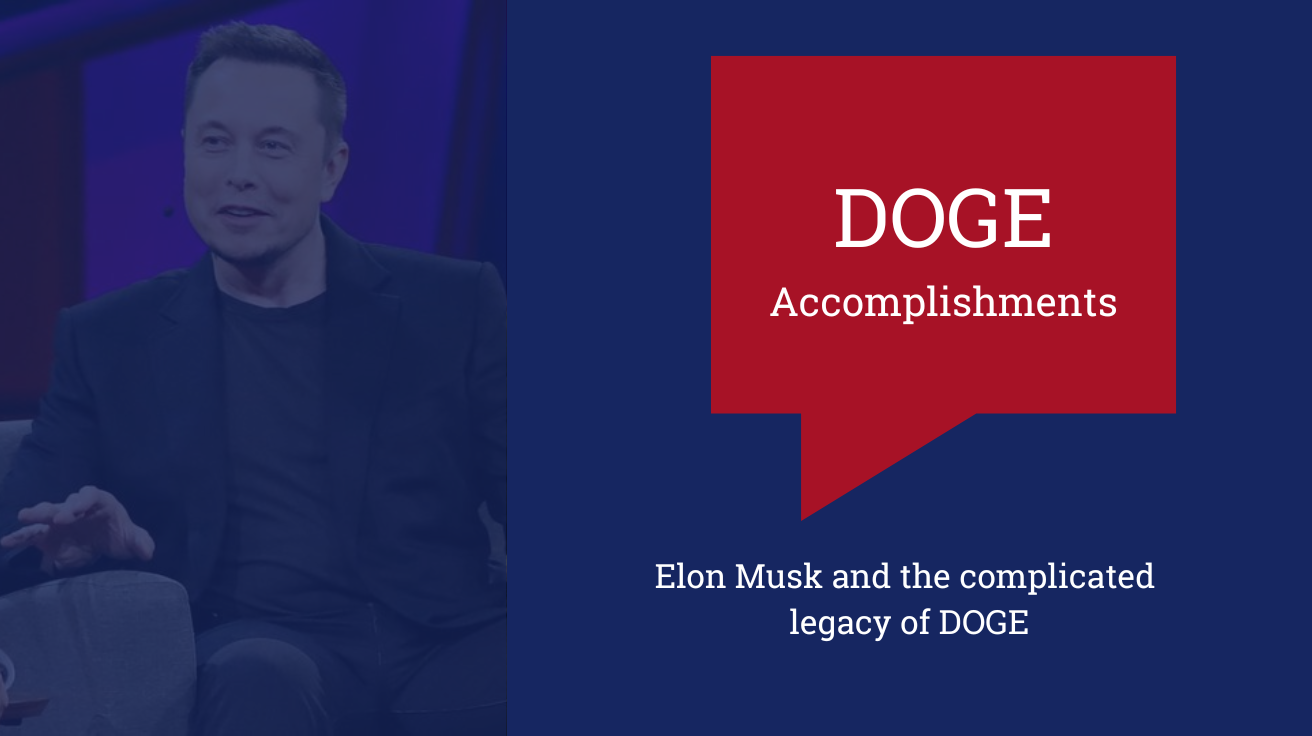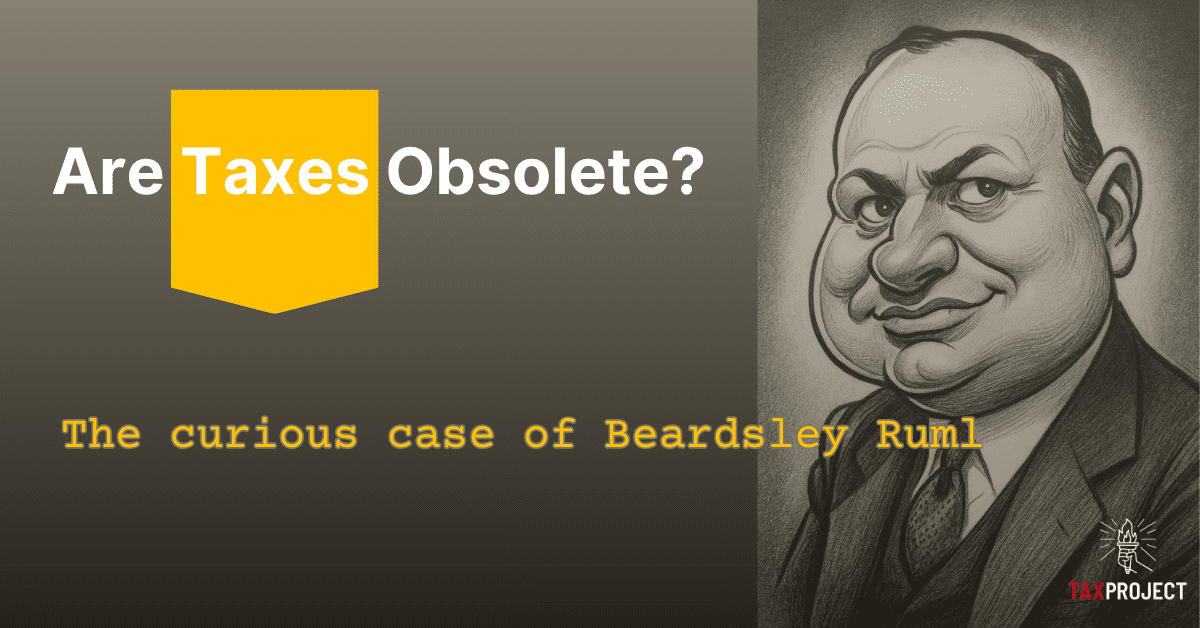Elon Musk’s DOGE Legacy: A Bold Shift Toward Reform
In a bold and controversial era of American governance, the leadership of Elon Musk at the newly formed Department of Government Efficiency (DOGE) —an informal but widely accepted moniker for his role in reshaping federal oversight and fiscal management—has become synonymous with disruption, reform, and no-holds-barred accountability. Love him or hate him, and there are plenty of both, Musk’s tenure may be remembered as one of the most consequential experiments in modern political and administrative history. His impact reaches far beyond flashy headlines or partisan interpretations: it is a story of technological transformation, fiscal reckoning, radical transparency, and the difficult balance between efficiency and public service.
Elon’s Motivation
As Musk steps away from the Trump administration, many can ponder what would motivate the worlds richest man [9] to take on such a task? To many, Elon Musk is an enigma, and this act only adds to that mystique. Musk, a long time Democrat, having voted for his first Republican in 2022 [8] took an abrupt turn to join the Trump administration. However, politics aside, why would someone that doesn’t need a job or money take on a task that is sure to draw the ire of a sizable portion of the electorate? The criticisms came at great personal costs, including protests, attacks on his companies that directly impacted his net worth (at least for a short period), and consumer pushback on his products. Some may believe that he needed the attention, and ego stroking, while others see it as a self less act of patriotism, someone acting as the adult in the room and making the hard choices that must be made to protect the long term health of the country. Whatever the motivation, this article looks at the legacy of what was accomplished and what he leaves behind.
Technological Overhaul and Accountability
One of Musk’s most immediate and lasting accomplishments was bringing Silicon Valley-style technology, AI and Data Science into the heart of the federal government’s operations. Under his leadership, sprawling bureaucracies that had long lagged behind the private sector were aggressively modernized. Artificial intelligence systems were deployed to streamline everything from fraud detection in benefits programs to auditing federal grants. Musk’s team instituted real-time dashboards across all major agencies, enforcing a level of visibility and data-driven performance management previously unimaginable in Washington [1].
Perhaps the most emblematic achievement of this transformation was Doge.gov, a centralized platform that delivered unprecedented transparency in real-time. The site allowed any American to see federal contracts, grants, property leases, and travel expenses with a level of detail that may previously have required Freedom of Information Act (FOIA) requests. This included line-by-line analysis of project deliverables, contract amendments, vendor histories, and financial benchmarks [2]. He made this available to all, and included API’s a mechanism so that organizations like the Tax Project and other media and research organizations could analyze and build their own applications and conclusions with the newly available data. Regardless of the public’s thoughts on Musk or DOGE, this has been a welcome and commendable addition to Government Transparency and the public discourse. (Check back soon for the Tax Project’s DOGE app release)
The Unmasking of Government Waste
With transparency came revelation—and often disbelief. The audits conducted under Musk’s leadership unearthed hundreds of egregious cases of waste, inefficiency, and fraud. In one widely publicized incident, auditors discovered that over 6,000 people listed as receiving Social Security payments were officially recorded as over 110 years old—with some records dating birth years back to the 1700s [3].
Another case involved foreign entertainers. Data analytics flagged a set of Department of State grants that had inexplicably been issued to individuals labeled as “youth outreach ambassadors.” Further review revealed that a handful of those grants had been awarded to rappers and social media influencers operating out of France, Nigeria, and Brazil, with no evidence of any deliverables tied to U.S. interests [4].
“We found hundreds of millions going to people who don’t exist, and billions going to programs that haven’t been evaluated since fax machines were cutting-edge.”
Elon Musk
In total, the Doge.gov accountability initiative claims over $175 billion in cost savings and waste elimination over a five-year span, largely from program consolidation, fraud recovery, and sunsetting obsolete agencies and functions [2].

Fiscal Responsibility, but at a Price
Perhaps Musk’s most ambitious—and controversial—goal was to confront America’s unsustainable fiscal trajectory. At the time of his rise, the federal government was running annual deficits approaching $2 trillion, and the national debt had exceeded $36 trillion. His administration implemented sweeping budget reforms, including mandatory zero-based budgeting, independent agency audits, and mandatory five-year cost-benefit reviews for all recurring programs [5].
He also ended the long-criticized “use it or lose it” budgeting practice that encouraged agencies to spend remaining funds at the end of the fiscal year. Instead, agencies that underspent were rewarded with multi-year budgeting flexibility and autonomy in reallocating savings. The impact was staggering. In just four years, the annual federal deficit was reduced by over 50%, and the growth rate of the national debt began to slow for the first time in decades [5].
But these victories came with painful trade-offs. Popular programs in arts, rural development, and public broadcasting faced sweeping cuts. Some veterans’ services were restructured into digital-first platforms, leaving older populations struggling with access. National parks experienced staffing shortages. Rural communities complained of reduced postal delivery and internet infrastructure delays. Public university research grants in non-STEM fields declined by over 40% [6].
Segments of the population that had long relied on these programs were furious. Critics accused Musk of treating the federal government like a tech startup—valuing performance over people, spreadsheets over stories.
His response? “A government that can’t pay its bills is a government that fails everyone.” [7]
A Legacy of Radical Transparency and Debate
Whatever one’s view of Musk’s methods, there is little debate that his time as DOGE left a permanent mark on the U.S. government’s operating culture. Transparency, once a campaign slogan, became structural policy. Every dollar saved by the federal government can now be traced on Doge.gov. Every contract has public deliverables. Every grant has a public-facing evaluation report. Government leases are posted with market comparisons and renewal dates.
He also fundamentally changed how Americans think about governance. Where once the budget was a black box, today there are visualizations, explanations, and performance indicators accessible from a smartphone [2]. His administration forced the American public to confront how little they had known—and how much had been hidden behind procedural complexity and bureaucratic walls.
Still, the country remains deeply divided on whether it was all worth it. Supporters hail Musk as a visionary reformer who saved the republic from fiscal ruin. Detractors argue he gutted the soul of the American social contract in the name of “efficiency.”
But no matter the perspective, Musk’s legacy in DOGE is clear: he dragged the federal government into the 21st century—sometimes kicking and screaming—while forcing a national reckoning with what Americans expect from their government, what they are willing to pay for, and what they can no longer afford to ignore.
Citations
[1] Government Technology Office Reports, “Federal IT Modernization Performance Metrics Dashboard,” 2025.
https://www.tech.gov/reports/federal-it-dashboard-2025
[2] Doge.gov Transparency Platform, Quarterly Audit & Accountability Briefing, FY2025 Q4.
https://www.doge.gov/reports/q4-2025-audit-brief
[3] Social Security Inspector General Report, “Duplicate and Anomalous Beneficiary Records,” March 2025.
https://oig.ssa.gov/audits-and-investigations/audit-reports/duplicate-beneficiaries-2025
[4] State Department Audit, “FY2024 Public Diplomacy Grant Recipients,” Office of Grants Oversight, 2024.
https://www.state.gov/reports/public-diplomacy-grants-2024
[5] Congressional Budget Office, “Federal Deficit and Debt Outlook: Five-Year Trends,” January 2025.
https://www.cbo.gov/publication/58921
[6] Government Accountability Office (GAO), “Impact of Federal Budget Reductions on Service Delivery,” Testimony before the Senate Appropriations Committee, September 2024.
https://www.gao.gov/products/gao-24-604t
[7] Elon Musk, Public Remarks at National Fiscal Forum, May 3, 2025. Transcript published by the Office of the Doge.
https://www.doge.gov/speeches/musk-national-fiscal-forum-2025
[8] Musk Leaning towards Ron DeSantis https://www.nbcmiami.com/news/local/elon-musk-leaning-toward-florida-gov-ron-desantis-for-president-in-2024/2785101/
[9] Forbes Billionaire List https://www.forbes.com/real-time-billionaires/#77fef42f3d78











